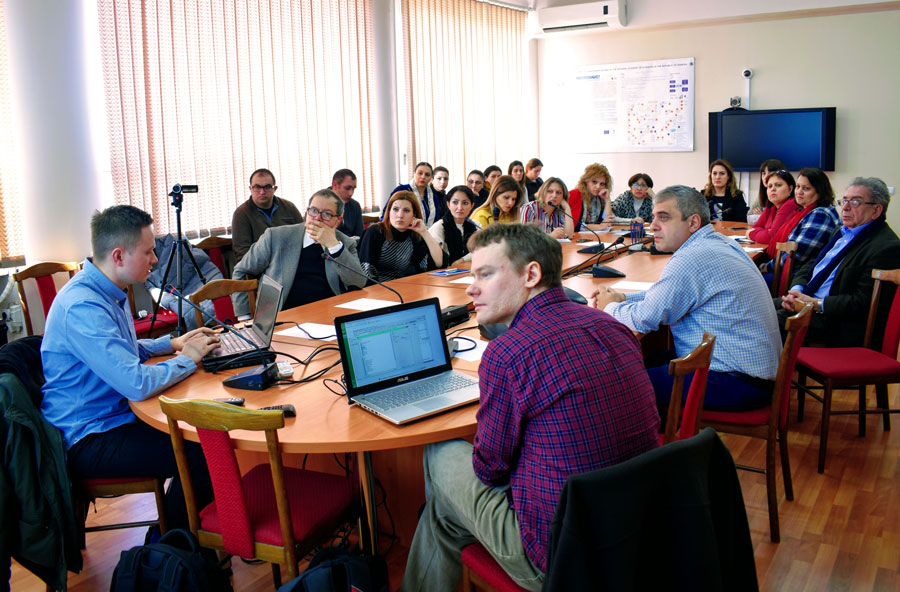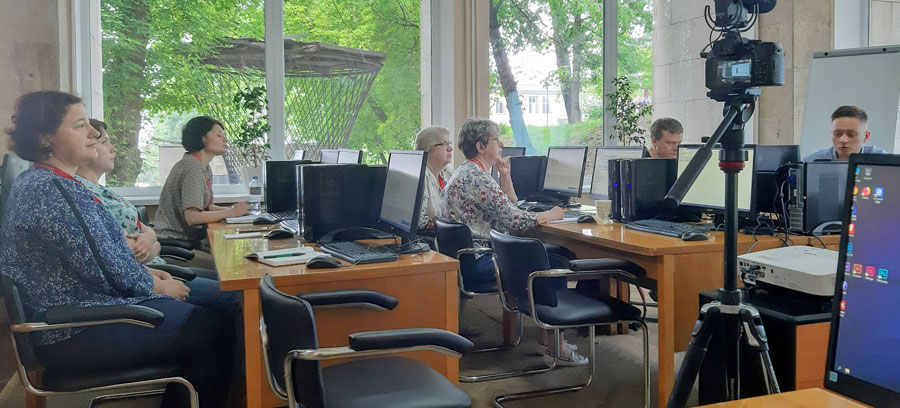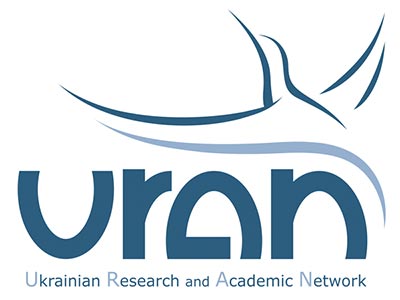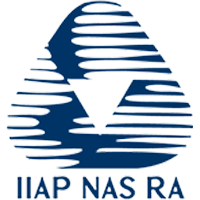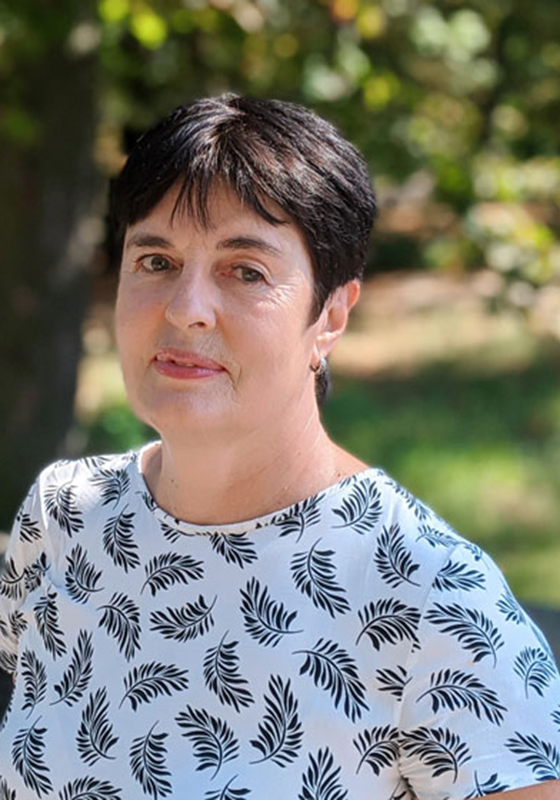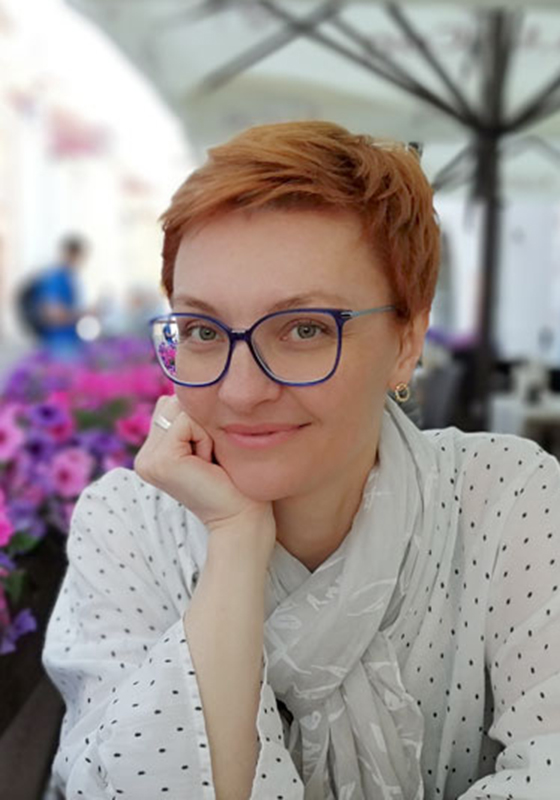A huge library in the palm of your hand… Sounds fantastic? No, it is a reality! Perhaps a lot of people know the situation when a rare book, article or guide is needed but the day is over and the libraries are already closed, then the next day you stand in line to order the desired publication. And who did not dream to bring some favourite books on a long trip and read them anytime and anywhere?
Nowadays, the ‘pocket library’ has become a reality – due to the digitisation of printed publications and the creation of electronic libraries. This process requires special software and people who can work with it.
dLibra – successful solution for e-library creation
Such software – dLibra – was developed by specialists at the Poznań Supercomputing and Networking Center, PSNC, in Poland. dLibra supports the e-publication process from start to finish and is widely used by academic institutions, public libraries, museums and archives. Now in Poland, it is the most popular system for creating a digital library.
PSNC representatives gave training, within the EaPConnect project, to Armenian and Ukrainian colleagues on how to build and maintain a digital library based on this software.
Training for Armenian and Ukrainian specialists
For three days in both countries, future librarians-administrators learned to manage an e-library website: create a profile, use dLibra directories and collections, publish, manage dictionaries, replace file types, and edit posts.
Thanks to the high competence of the trainers, Błażej Betański and Mateusz Matela, and to their care and experience, the training was fruitful, effective and interesting, despite the huge amount of information and the very high pace of training.
Workshop day by day
On the first day of the workshop, the trainers demonstrated the main functions of the digital library, reviewed its structure, management levels (editor/administrator); outlined the rights and functions of the administrators and editors of the digital library; announced the ability to set up content access for users; and described in detail the steps for adding the material to the library collection.
The second day was devoted to practical classes and a more detailed review of the processes. Each category of specialists learned to carry out their functions. The editors edited the account and managed the objects in their own directory; loaded and edited objects of different types (single format, multiformat, group, scheduled), and gave access to users. Administrators set up news and additional pages about library information; managed user rights; edited metadata schemes and customised search indexes. IT administrators changed the configuration of the system, customised the pages and configured special metadata schemes. The trainers paid a lot of attention to typical mistakes and how to avoid them.
On the last day of the training, the participants got acquainted with dlab software, which is a very convenient tool for tracking and monitoring all stages of creating an electronic object. Also, they discussed further cooperation with PSNC.
Further information
In Ukraine, the training took place on 4-6 June 2019 in the Scientific and Technical Library of National Technical University of Ukraine. This followed the Armenian workshopon 19-21 February 2019, in the Institute for Informatics and Automation Problems.
Both workshops were provided by the EU-funded EaPConnect project as a support to winners of the 2017 Enlighten Your Research programme, in which Tigran Zargaryan from the National Library of Armenia and Maryna Druchenko from the Scientific and Technical Library of the National Technical University of Ukraine presented projects for the creation of a digital library for research (Armenia) and cultural heritage digitisation (Ukraine).

